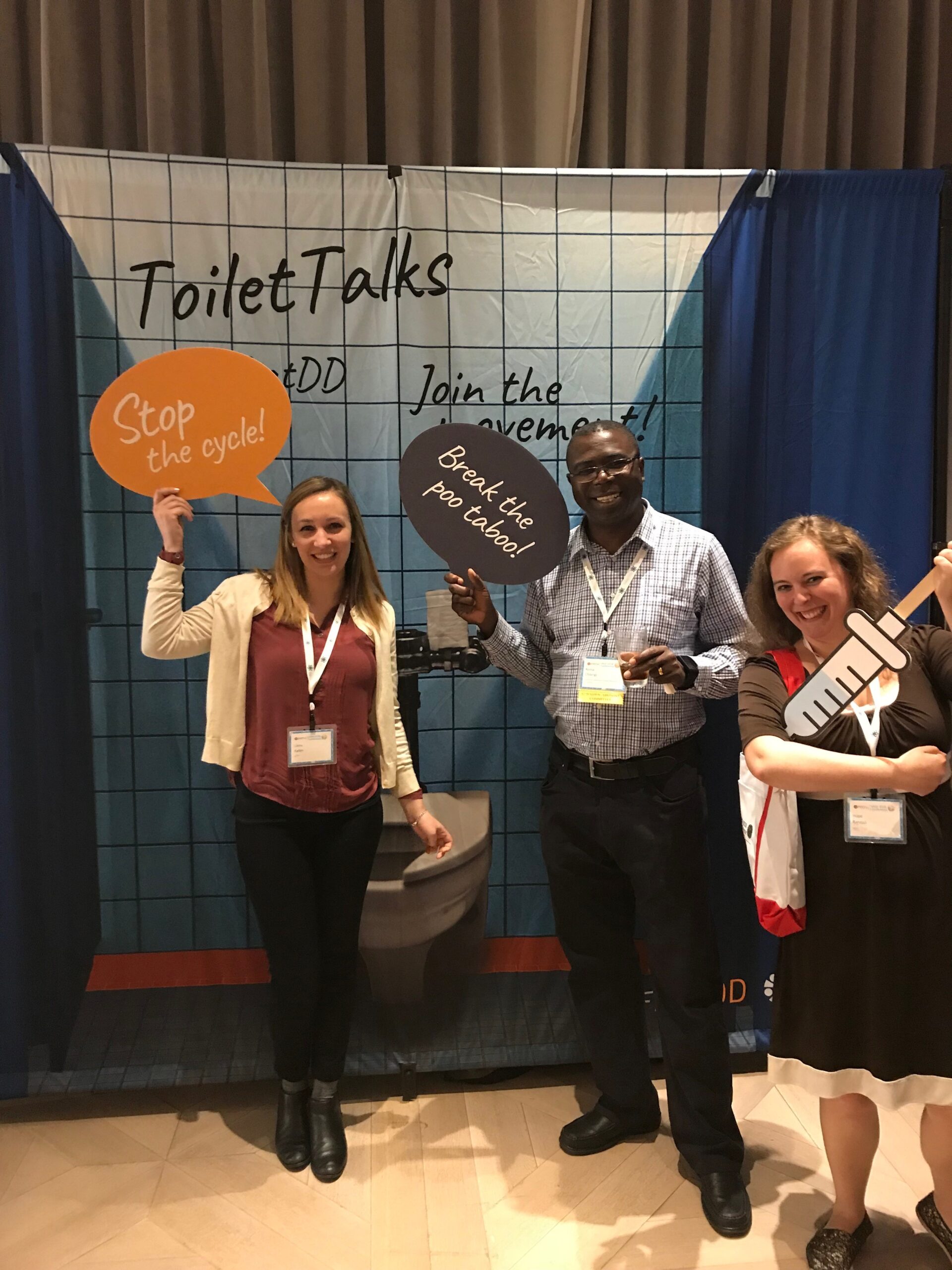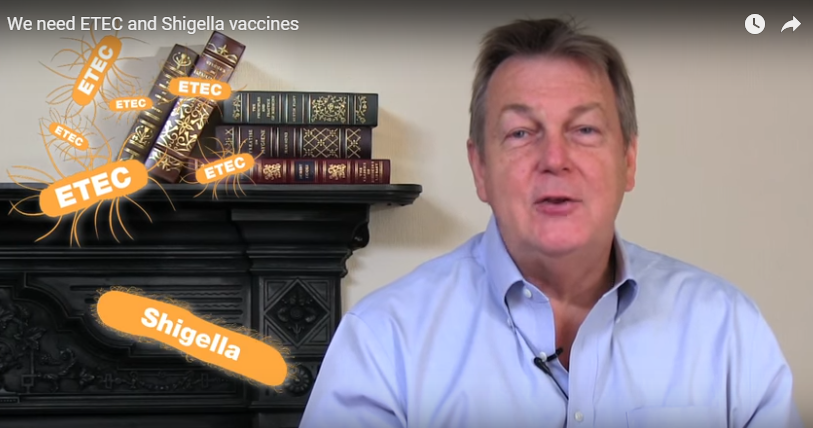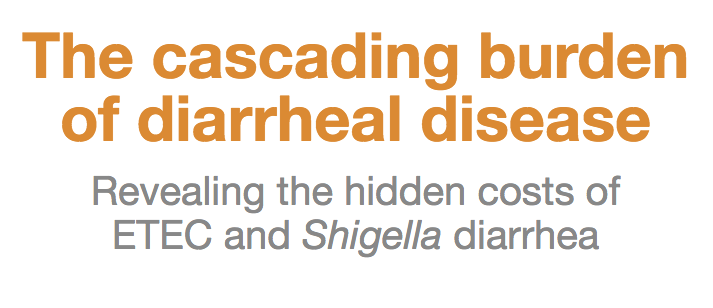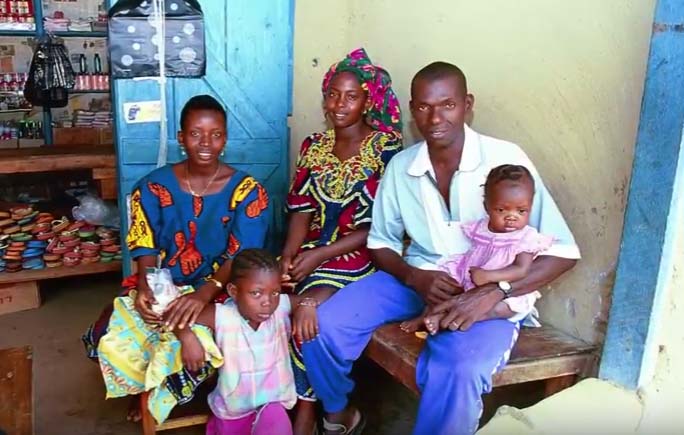
“Is advocacy for diarrhea vaccines my job as a scientist?”

From left to right: Laura Kallen, PATH; Roma Chilengi, CIDRZ; Hope Randall, PATH. See more photo booth images here.
Is advocacy my job?
That question was asked by presenter Dr. Roma Chilengi from the Centre for Infectious Disease Research, Zambia (CIDRZ), at a workshop on advocacy and awareness-raising at the Vaccines Against Shigella and Enterotoxigenic E. coli (VASE) Conference in Mexico City last week. The workshop brought together 25 participants from the conference—mostly research scientists—to discuss the role of advocacy in garnering increased investment in diarrheal vaccine development and introduction.
Catalyzing and sustaining momentum for long-term research investments is often a challenge, but it can be even more difficult for vaccines against pathogens like enterotoxigenic E. coli (ETEC) and Shigella that are largely unheard of and most threatening to the health of children in low-income countries.
ETEC and Shigella are two of the leading bacterial causes of diarrhea. While they can be deadly, their biggest burden lies in the collective millions of healthy years of time that they steal each year from children who get infected, as well as their long-term impacts on growth and cognitive development. How do you generate excitement and interest among donors and decision-makers to invest in diarrheal disease prevention through vaccines—especially during the early phases of clinical trials—when they may not even be aware that this is a major child health problem? During this DefeatDD-hosted workshop, presenters shared examples of advocacy tactics previously used during early research stages for other vaccines, such as rotavirus, and provided hands-on training for real-life communication opportunities for scientists that could result in increased funding. Participants learned the importance of mixing “broccoli” (e.g., evidence, trial results) with “candy” (e.g., compelling anecdotes, memorable angles), reviewed ways to connect with key audiences, and practiced developing their own messaging.
 Workshop participants practice developing a “pitch” on ETEC and Shigella vaccines
Workshop participants practice developing a “pitch” on ETEC and Shigella vaccines
for donor, decision-maker, and media audiences.
Presenters Hope Randall and Laura Kallen from PATH’s DefeatDD initiative were joined by Dr. Chilengi from CIDRZ and Dr. Rubhana Raqib from icddr,b—two scientists who have successfully used advocacy tactics in the past to increase investment or interest in vaccine research. Dr. Raqib shared icddr,b’s institutional capabilities and communications and advocacy approach for issues like cholera and polio, and she also shared the video that icddr,b made with DefeatDD last year to raise awareness about ETEC and Shigella vaccine development. Dr. Chilengi shared his experiences with advocating for rotavirus vaccine development and introduction in Zambia, emphasizing the importance of being an advocate from wherever you are – and that scientists are a key part of that collective responsibility.
All VASE Conference attendees also got to try their hand at being an advocate for diarrhea with DefeatDD’s photo booth, which was available throughout the conference. Through the simple act of sharing a photo with their social media networks or colleagues over email, they were raising awareness of the importance of investing in diarrhea – and having fun, too.
“Is it my job?” Dr. Chilengi asked – and he answered, “Well, whose job is it if it isn’t yours? No one else is going to talk about diarrhea!”

 Video
Video
 Other
Other


